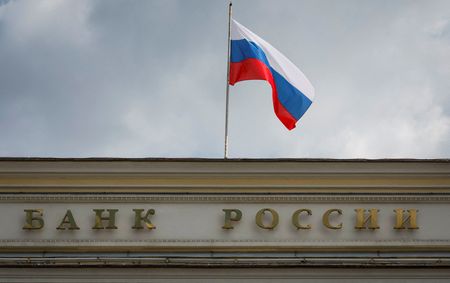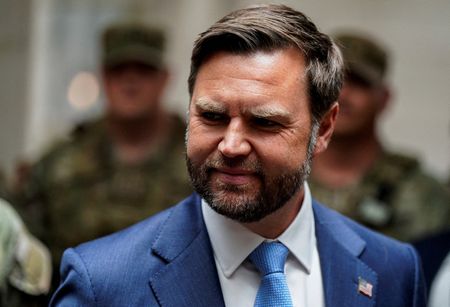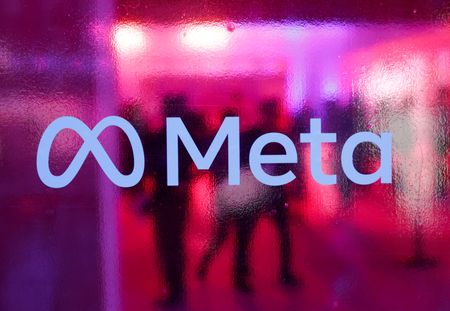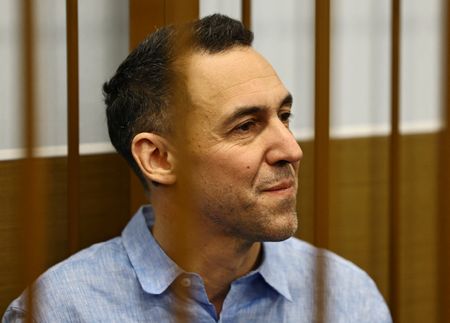LONDON (Reuters) – British businesses are cutting staff at the fastest pace in more than four years ahead of a tax increase ordered by finance minister Rachel Reeves which has already prompted suppliers to jack up their prices, a survey showed on Friday.
The preliminary reading of the UK S&P Composite Purchasing Managers’ Index (PMI) for February dipped marginally to 50.5 from 50.6 in January, remaining just above the 50 level that separates growth and contraction.
But there was a sharper fall in employment which sank to 43.5 from 45.3, its lowest since November 2020 or since the 2007-08 financial crisis excluding the COVID pandemic period.
“One in three companies reporting lower staffing levels directly linked the reduction to policies announced in last October’s budget,” Chris Williamson, chief business economist at S&P Global Market Intelligence, said.
In her first annual tax-and-spending statement after the Labour Party won power in July, Reeves hiked social security contributions paid by businesses by 25 billion pounds, prompting protests from employers who said it would cost jobs.
Williamson said the survey pointed to a “stagflationary environment” of slow growth and strong inflation pressures which posed a dilemma for the Bank of England.
Costs paid by firms grew by the most in almost two years with some suppliers raising their prices in anticipation of higher tax bills from April and a near 7% increase in the minimum wage. Prices charged by firms rose by almost as much as January’s 18-month record pace.
Two weeks ago, the BoE lowered interest rates by a quarter point for the third time since August. But it said it would move carefully with future cuts as it waits to see if weak growth results in a cooling of inflation pressures in the job market.
S&P Global said its measure of the UK’s dominant services sector rose back to 51.1 from January’s 50.8 but manufacturing shrank to a 14-month low of 46.4 with global uncertainty adding to concerns about Britain’s economy.
Factory export orders – at risk from U.S. President Donald Trump’s plans to hit trading partners with tariffs – declined at the sharpest rate in a year.
Some firms told S&P Global they were pressing ahead more quickly with automation in response to the higher payroll costs and weak demand.
(Writing by William Schomberg; Editing by Toby Chopra)











